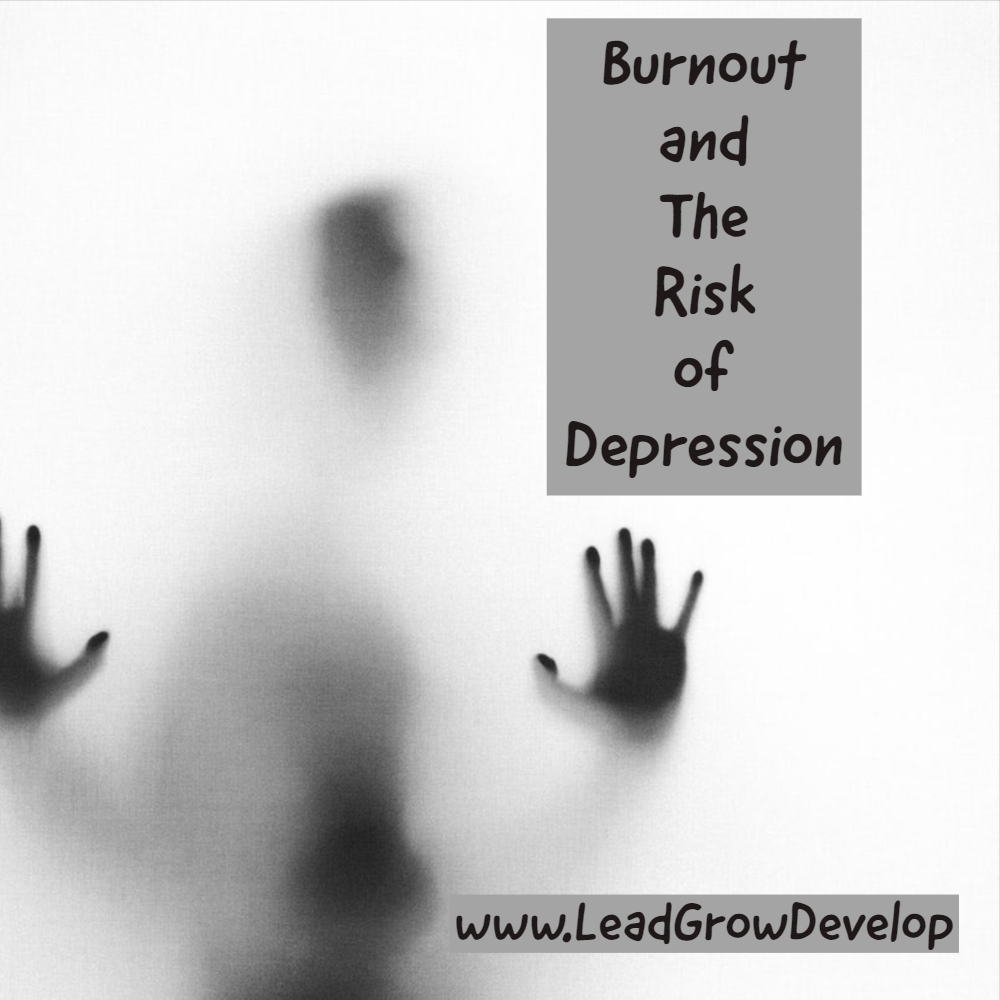Burnout is more than just a bad, tiring day. It is a prolonged problem that negatively affects one’s mental health, happiness and quality of life. By learning to identify symptoms of burnout early on, you can avoid stretching yourself too thin and the downward spiral to depression.
What is burnout?
Burnout is defined as chronic stress and is caused by an excessive workload or another high-pressure activity such as caring for someone or raising a family. It is an inability to function normally in your personal and professional life due to exhaustion, cynicism and a sense of apathy.
Symptoms of burnout
Symptoms of burnout include:
- Physical and emotional exhaustion. A lack of energy and constantly feeling tired contributes to the inability to cope with daily tasks and is a common sign of burnout. It may be accompanied by a sense of dread as it takes a huge amount of effort to get out of bed every day. You may also experience physical pain such as body discomfort and stomach issues.
- Feeling detached and distant. Feeling alienated from people and generally numb about work is another common symptom of burnout. This condition creates a nagging pessimism which increasingly isolates you from people and social events. There is a loss of enjoyment of the things you once relished, including time spent with friends and family.
- A decrease in the quality of performance. Feeling increasingly unmotivated, negative and sluggish can all mean burnout. This affects daily tasks and can result in incomplete projects and an increasing stack of work to get through. Feelings of apathy can additionally contribute to poor productivity and a feeling of being overwhelmed.
By identifying these symptoms as early on as possible, you can prevent burnout and the possible loss of your job, family and friends as well your sense of identity and worth.
Is it burnout or depression?
Burnout and depression share similar symptoms but are two different conditions. With depression, therapy or medication is often needed and exhibits additional symptoms including:
- Feelings of hopelessness, irritability and a sense of restlessness
- Suicidal thoughts and the feeling that the world would be better off without you
- Low self-esteem and the feeling that you are worthless
Depression can lead to burnout, but burnout can also lead to depression. It is therefore very important to get help before either gets worse.
How to alleviate burnout and get help
Consider taking these steps if you are at risk of burnout:
- Learn to say no. Saying no ensures that you do not stretch yourself thin or take on more than you can handle. Avoid additional responsibilities while you are recovering and only deal with things that are of utmost importance and priority. This also means leaving your work at work and not bringing into your home or personal time.
- Set aside time to relax. Giving yourself some quiet time to unwind every day is important for your mental and physical health and will help you breathe in between tasks and projects. Do something you enjoy, like reading a book, meditating or exercising.
- Delegate responsibilities. You can’t do everything, and understanding that means delegating responsibilities to other people. It does not make you any less strong or capable and will only help you be more productive with your time, energy and resources.
It is important when experiencing burnout or depression to get help from a healthcare professional or licensed therapist. It can be managed and treated with the right care and tools, and will only get worse if left unattended. You can find advice or work with one of many specialized therapists through platforms like BetterHelp, who are dedicated to improving your mental well-being and offering help when and where you need it.
While burnout can be serious and carries a likely risk of depression, it is not a terminal illness and can be treated. By making changes to your work lifestyle, investing in self-care and seeking help when needed, you can once again find the driven, motivated and hopeful person buried beneath the weight of your stress.

Marie Miguel Biography
Marie Miguel has been a writing and research expert for nearly a decade, covering a variety of health-related topics. Currently, she is contributing to the expansion and growth of a free online mental health resource with BetterHelp.com. With an interest and dedication to addressing stigmas associated with mental health, she continues to specifically target subjects related to anxiety and depression.

